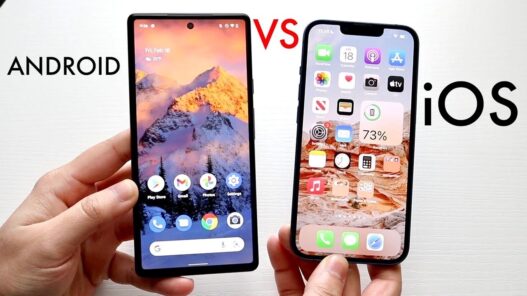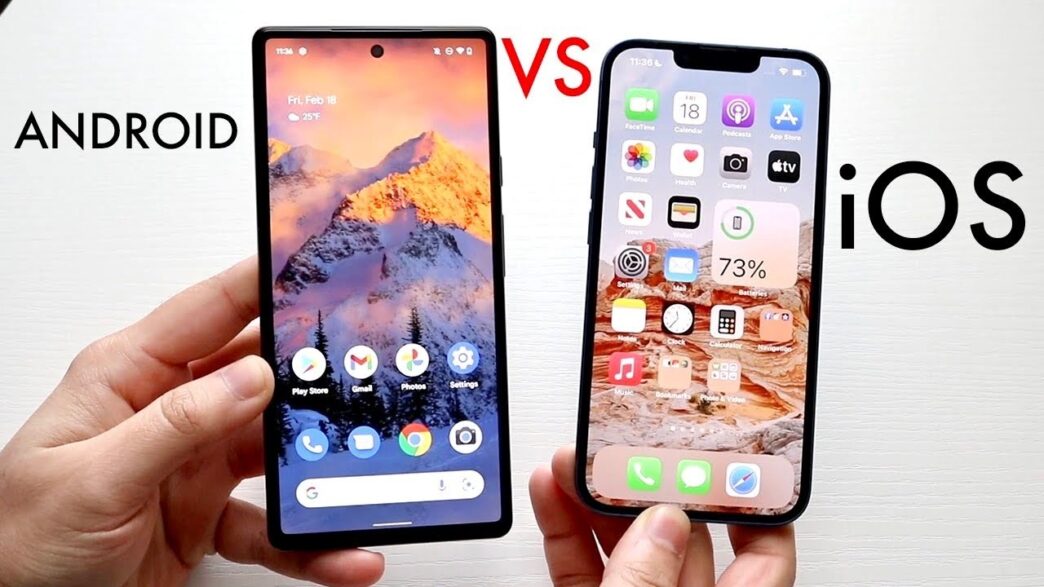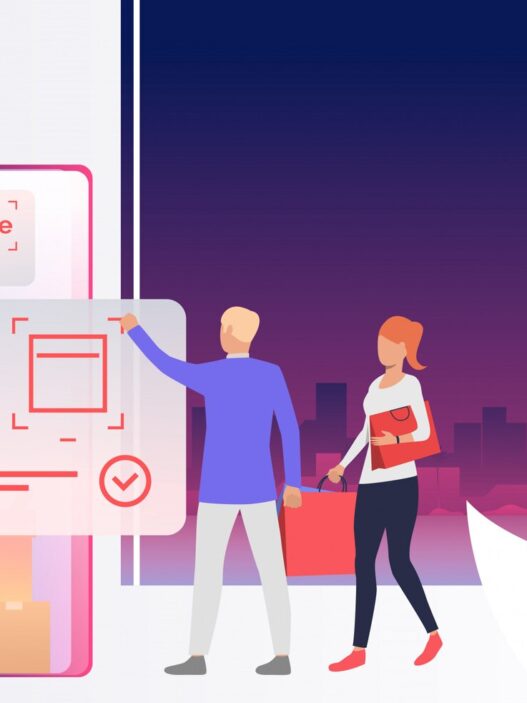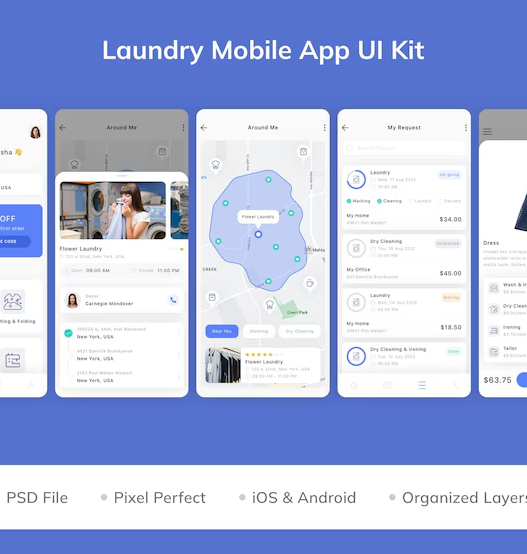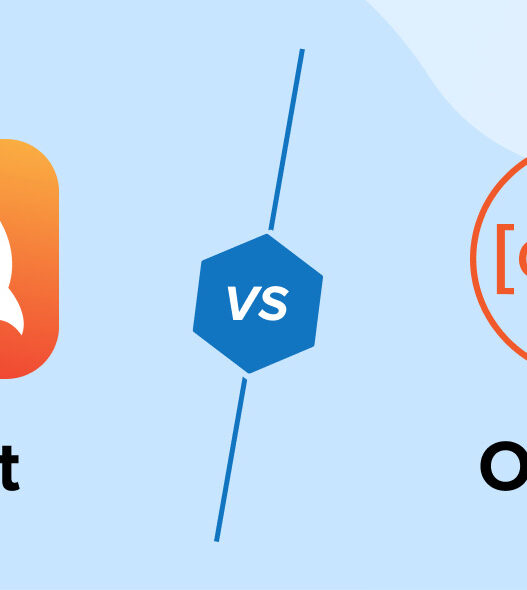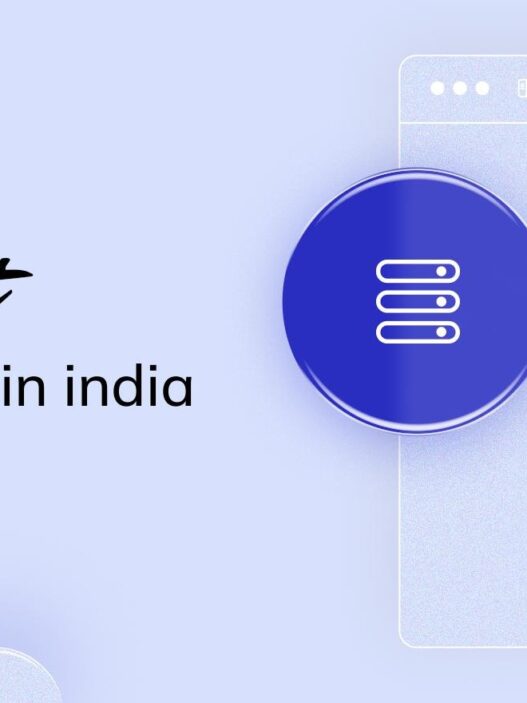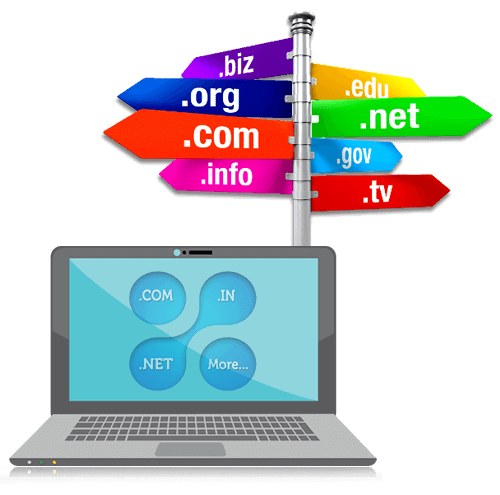Introduction
When it comes to choosing a smartphone, one of the first decisions you’ll need to make is whether to go with iOS (Apple) or Mobile Android (Google). Both operating systems dominate the mobile market and offer a range of features that cater to different types of users. However, each has its own unique set of advantages, disadvantages, and user experiences. In this article, we’ll dive into the key aspects of both iOS and Android to help you determine which operating system is right for you.
User Interface and Experience
One of the most noticeable differences between iOS and Android is the user interface (UI) and overall user experience. iOS is known for its clean, minimalist design. The interface is straightforward, with a consistent look across all devices. Apple prioritizes simplicity, and the operating system is designed to be intuitive, allowing even new smartphone users to pick up and use an iPhone without much of a learning curve.
Android, on the other hand, offers more customization options. While Android’s default interface is clean and user-friendly, it’s designed to be more flexible. Users can change the layout of their home screen, install third-party widgets, and select from a wide range of launchers and themes to personalize their devices. If customization is important to you and you like having full control over the look and feel of your phone, Android might be a better fit.
In terms of ease of use, iOS tends to be the more straightforward of the two, making it a good option for users who prefer a simple, seamless experience. Android’s learning curve may be steeper for some, especially if you want to dive into advanced customization options, but it offers greater freedom once you get the hang of it.
App Store and App Availability
When it comes to app selection, both iOS and Android have vast app stores with millions of options. The Apple App Store and Google Play Store both offer a wide range of applications across various categories, from productivity tools to entertainment, education, and social networking.
However, there are some key differences between the two app stores. iOS tends to have a more stringent app review process, meaning apps on the Apple App Store are usually polished, secure, and of higher quality. Developers often release their apps on iOS first because of the higher revenue potential from Apple’s user base, which tends to spend more on apps and in-app purchases compared to Android users.
On the other hand, Android’s Google Play Store is more open, allowing for a wider variety of apps, including third-party app stores and less strict app submissions. This leads to more variety in terms of free apps, but the quality control is not as rigorous as on iOS. For users who enjoy more flexibility and want access to a broader range of apps — including potentially risky or unofficial ones — Android might be a better option.
Software Updates and Longevity
Apple is well-known for offering timely and consistent software updates. iPhones receive updates directly from Apple, ensuring that all supported devices are updated at the same time. Apple typically supports older devices with iOS updates for 5+ years, meaning if you own an iPhone, you’re likely to receive updates for a long time, even if the phone is several years old.
Android, however, is a more fragmented ecosystem. Software updates depend on the manufacturer, and not all Android devices receive the latest version of Android when it’s released. While Google’s own devices, like the Pixel, receive Android updates directly from Google, most other Android phones from manufacturers like Samsung, OnePlus, and Xiaomi may experience delays due to the manufacturer’s software update policies. Typically, Android devices receive updates for 2-3 years, with security patches sometimes being delayed or skipped.
If you prioritize receiving the latest features and security patches quickly and are planning on keeping your phone for several years, iOS has the upper hand in terms of software updates and longevity.
Customization and Flexibility
Android is widely considered the king of customization. With Android, you can change almost everything on your device, from the look of your home screen to the functionality of the system itself. You can install custom ROMs, use third-party launchers, adjust app icons, and add widgets to your home screen. If you want a more personalized experience that allows you to tailor the phone’s interface to your exact preferences, Android is the way to go.
In contrast, iOS is known for being more restrictive when it comes to customization. Apple provides users with a consistent, uniform experience across all devices. While iOS has improved over the years with added customization options like widgets and app icons, it still doesn’t allow the same degree of flexibility as Android. If you value simplicity and a unified experience, iOS may be a better choice for you.
Performance and Hardware
When it comes to performance, both iOS and Android offer top-tier devices with fast processors and plenty of RAM. However, there are some notable differences in how the operating systems and their hardware work together. Apple designs both the hardware and the software, meaning iPhones are specifically optimized for iOS. This allows Apple to deliver smooth performance, efficient battery usage, and great integration between hardware and software.
On the Android side, there is a much wider range of devices to choose from, each with its own performance characteristics. Premium Android phones like the Samsung Galaxy S series or the Google Pixel offer incredible performance, but there are also many budget and mid-range options available. Android allows for more variety in hardware, so you can select a phone that fits your budget and performance needs. However, with so many manufacturers using different chips, RAM configurations, and custom skins, the performance can vary significantly from one Android phone to another.
For top-tier performance, both iOS and Android have their strengths, but iOS benefits from tighter integration between software and hardware, leading to a more consistently smooth experience across all iPhone models.
Security and Privacy
Both iOS and Android have made significant strides in terms of security and privacy. Apple has long been praised for its strong stance on privacy, with features like App Tracking Transparency that limit third-party tracking across apps. Apple also emphasizes data encryption and user control over personal information, making it a popular choice for those who prioritize privacy.
Android, while improving in terms of security, is often seen as more susceptible to security threats due to its open ecosystem. Although Google has made advancements like Play Protect, which scans apps for malware, the more open nature of the platform can lead to a greater risk of encountering malicious apps, especially if users install apps from unofficial sources.
In general, if privacy and security are top concerns, iOS is considered the safer and more private option.
Integration with Other Devices
Apple’s ecosystem is one of its greatest strengths. iOS seamlessly integrates with other Apple products, including MacBooks, iPads, Apple Watches, and Apple TVs. Features like Handoff, AirDrop, and iCloud ensure that your devices work together smoothly, allowing you to start a task on your iPhone and finish it on your Mac, or easily share files across devices. If you already use other Apple products, the integration between your devices will make your life much easier.
Android, on the other hand, offers integration with a wide range of devices and services, but it’s not as tightly knit as Apple’s ecosystem. Android phones integrate well with Google services like Gmail, Google Drive, and Google Photos, and they also work with a variety of third-party devices like smart speakers or smartwatches. However, if you’re invested in the Google ecosystem, Android is a better fit, whereas iOS excels for those who are deeply embedded in the Apple ecosystem.
Conclusion
The choice between iOS and Android largely depends on your personal preferences, needs, and how you plan to use your smartphone. If you value simplicity, privacy, and seamless integration with other devices, iOS might be the right choice for you. On the other hand, if you prioritize customization, variety in devices, and flexibility, Android offers a more tailored experience. Both operating systems have their strengths and weaknesses, so understanding what matters most to you will ultimately guide you toward the mobile OS that suits your lifestyle best.
